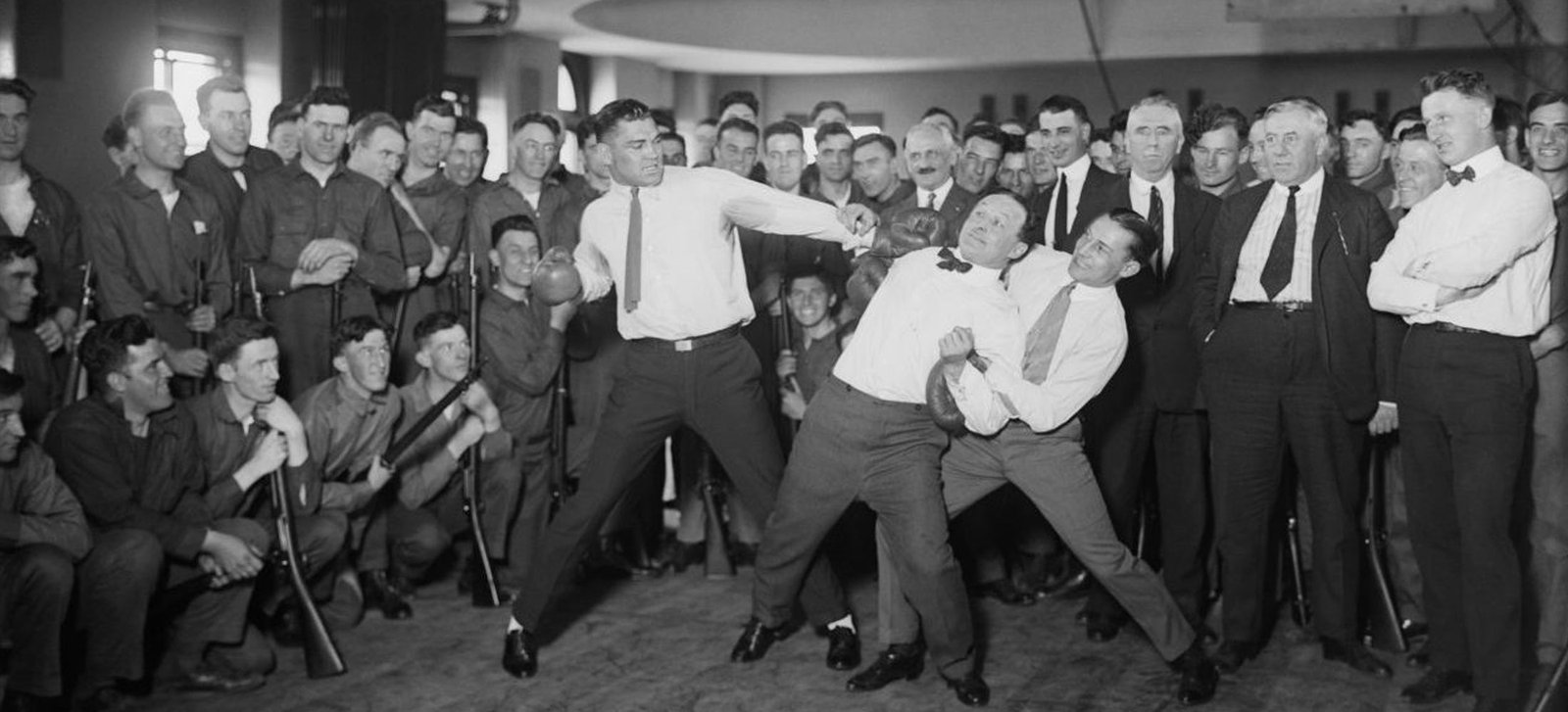
No, Houdini Didn’t Really Die After Being Punched in the Stomach
By George
Tue, Sep 05, 2023
This might be the most widely spread misconception about Harry Houdini. Most people believe Houdini actually died from being sucker punched by a student. This argument also comes into the discussion in almost every “is belly punching safe” online debate. “You know, that’s what killed Houdini” one would inevitably say sooner or later in the thread – trying to look smart. No, it didn’t.
TL;DR
To keep this short, Houdini’s cause of death was a condition known as peritonitis, caused by acute appendicitis. However, his death would have been avoidable, if he had just listened to the doctors. And no – his appendicitis was not caused by a sucker punch.
What really happened
In 2020, author and publicist Adam Begley published a very good article, going into more detail on this subject:
When I tell someone I’ve written a book about Harry Houdini for the Yale Jewish Lives series, usually the first thing they say is, “I didn’t know Houdini was Jewish.” Well, he was; in fact, his father was a rabbi. The next thing I’m asked is whether it’s true that Houdini died after being punched in the stomach. The short answer is yes. The long answer—truth being harder to package than legend—is no.
In the fall of 1926, age 52, Houdini went on the road, barnstorming as always. This final tour started badly and went downhill from there: his wife Bess came down with food poisoning, and he himself broke a bone in his ankle while performing a particularly arduous trick. He persevered, ignoring the pain.
And then, on Friday morning, October 22, in his dressing room at the Princess Theatre in Montreal, he was punched hard in the stomach by an excitable McGill student, J. Gordon Whitehead, who wanted to test the theory that Houdini was capable of withstanding hard blows to the abdomen. A week later Houdini was dead. So yes, he died after being punched in the stomach.
But what was the cause of death? Houdini was already feeling unwell the day before Whitehead’s punch landed, and he felt worse the next day—though of course he continued to perform. After his Saturday evening show he could barely manage to change into his street clothes. But he had another engagement the next day in Detroit, so he boarded a night train as planned.
The Detroit doctor who examined Harry in his dressing room in the Garrick Theater on Sunday afternoon determined that acute appendicitis was most likely to blame for Harry’s abdominal pain and 102-degree fever. Instead of going to the hospital as the doctor recommended, Harry told the theater manager that the show would go on—it was sold out, as usual. He made it through his act, just barely, and afterwards again refused to go to the hospital. Instead he went to his hotel, where the house physician took one look at him and called the hospital’s chief of surgery and asked him to come to Houdini’s suite. The surgeon arrived at three o’clock in the morning and told the magician to go straight to the hospital. What did Houdini do? He telephoned his doctor in New York to ask for a second opinion.
It wasn’t until the next afternoon, Monday, October 25, that he was operated on. The surgeon saw at once that the patient’s appendix had burst, spilling bacterial pus into the abdominal cavity, a condition known as peritonitis. In the days before antibiotics, peritonitis was basically a death sentence. Houdini lived for another six days, dying early in the afternoon of Sunday, October 31, 1926. The official cause of death was diffuse peritonitis, the result of a burst appendix.
J. Gordon Whitehead’s sucker punch did not cause the appendicitis. The case for “traumatic appendicitis”—appendicitis brought on by injury—is dubious at best: “No causal link has … been found between trauma and appendicitis,” according to a surgeon’s recent review of Houdini’s case, “and the fact that these two events occurred within days of each other must be seen as coincidence.” Appendicitis is caused by bacterial infection, not a punch to the stomach. As for the idea that Whitehead’s fist might have ruptured the organ, the timeline rules it out: not even Houdini could survive nine days with a burst appendix.
So then, is belly punching safe?
No. The fact that a punch to the belly didn’t kill Houdini doesn’t mean belly punching is safe. Belly punching can be dangerous and potentially life-threatening if things go wrong. However, it’s not what killed the greatest escape artist.
While there is no 100% safe way to practice belly punching, there are ways to make it safer.